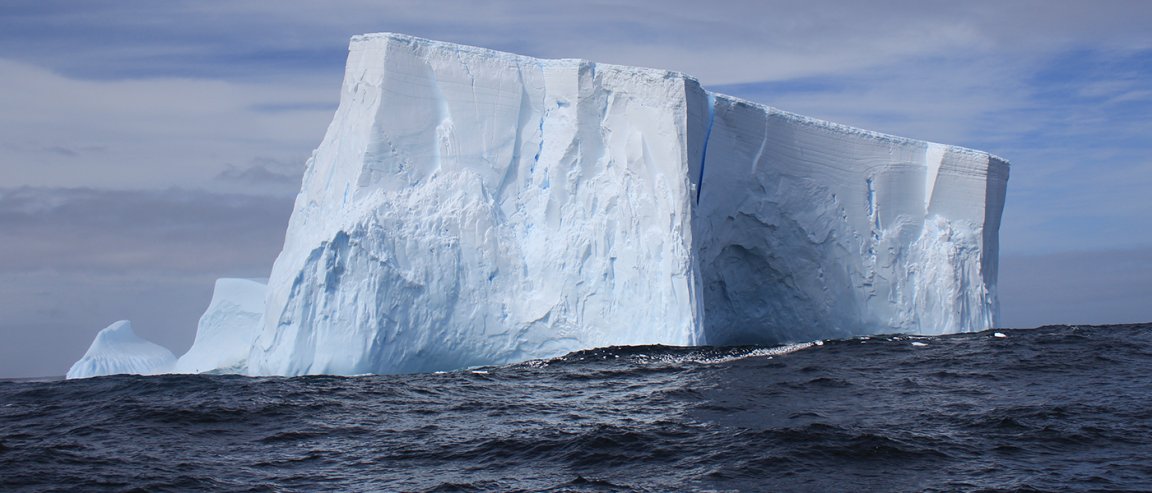
The Rising Seas
Global sea level rise is precipitated by two factors: the thermal expansion of oceans due to warming and the increased melting of the polar ice caps and other land-based glaciers. Over the past century, sea levels have continued to rise, and new research suggests that it’s doing so at a rate faster than previously thought.
The new scientific analysis was made by a team of European researchers who published their findings in the Proceedings of the National Academy of Sciences journal. “We have a much stronger acceleration in sea level rise than formerly thought,” researcher Sönke Dangendorf from the University of Siegen in Germany told the Washington Post.
According to the study, oceans were rising at a rate of 1.1 millimeters per year (roughly 0.43 inches per decade) prior to 1990. However, from 1993 through 2012, the rate increased to about 3.1 millimeters per year (1.22 inches per decade). This rate is faster than what’s been presented in previous findings.
The Reality of Global Warming
The increased rate is believed to be due to melting ice sheets in the Antarctic and Greenland, although scientists seem to diverge when it comes to the rate. Still, they have clearly grasped the bigger picture. “Sea levels will continue to rise over the coming century, no matter whether we will adapt or not, but I think we can limit at least a part of the sea level rise. It will further accelerate, but how much is related to how we act as humans,” Dangendorf said.
So, instead of debating on the finer points of the phenomenon, the better thing to do is to work on not accelerating it further. Efforts to reverse the melting of ice from the polar caps and land-based glaciers aren’t lacking. One of the more interesting solutions involves a plan to re-freeze the Arctic, which is currently being tested in the glaciers of the Swiss Alps.
In any case, humanity needs to work faster: sea levels could rise at an accelerated rate of 5 to 15 millimeters per year (1.97 to 5.9 inches per decade) in the years to come as a response to extreme climate conditions.